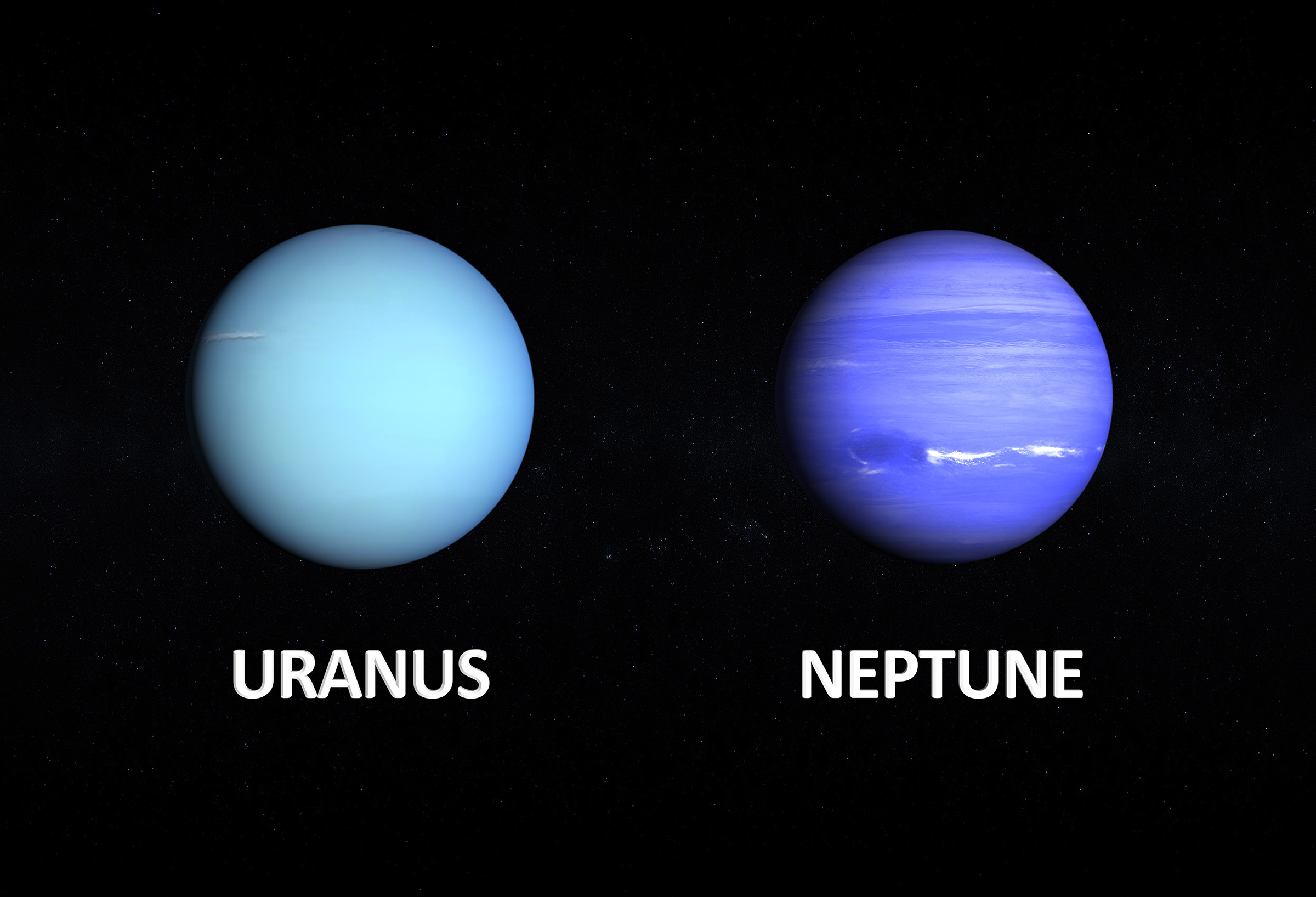Astronomers have detected new moons around two of our solar system’s most unique and intriguing planets. The hidden moons were discovered orbiting Uranus and Neptune, and the discovery brings the moon counts for these planets to 28 and 16, respectively.
The discovery of these hidden moons is both exciting and unsurprising. In fact, it’s believed that many of the planets within our solar system have more moons than we know of. And, as we discover more of them, we’ll hopefully be able to learn more about how those planets formed, as the moons are likely remnants from the formation of these planets.
These newly discovered hidden moons haven’t been officially named just yet, but astronomers will likely continue the trend of giving the new Uranian moons names from Shakespeare’s pieces, while the Neptunian moons will likely be named after goddesses from Greek mythology.

Altogether, there are only three newly discovered moons, and astronomers say they are the faintest that we’ve ever found around the two ice giants using ground-based telescopes. In fact, it even took special image processing to reveal the faint objects and identify them as moons.
As I said before, the discovery of new moons that we didn’t know about isn’t all that surprising. It’s actually very common in modern astronomy, and as our technology and the techniques we use improve, we’re bound to find even more hidden moons and objects floating around the planets of our solar system.
The distance of these two ice giants also helps with the mystery that surrounds them, as they aren’t easy to travel to. This has led to more calls for Uranus probes to be sent out, though we haven’t seen any meaningful progress toward a mission out to the ice giants. Still, the discovery of new moons around them could help fuel talk of future space missions, which is always something to look forward to.
